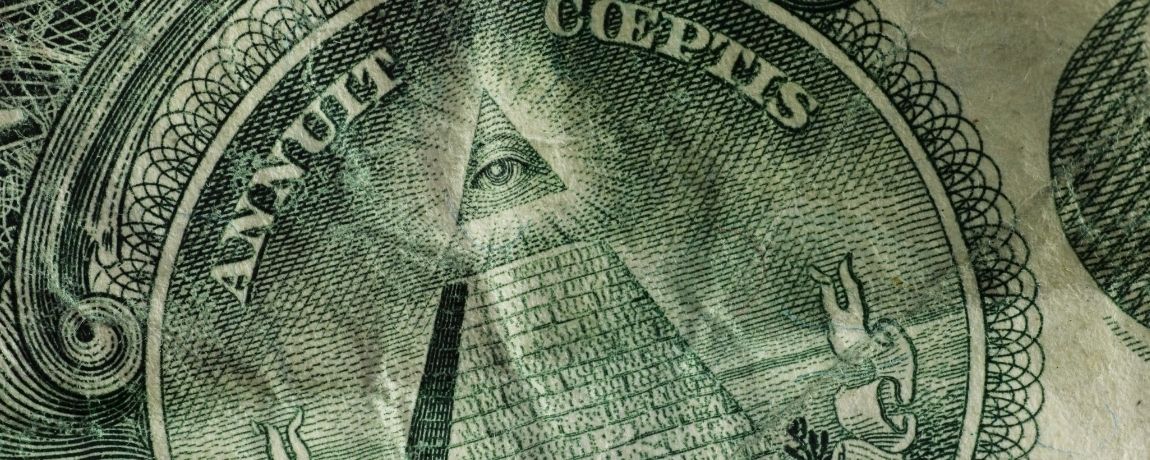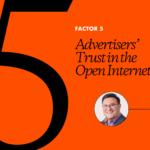Well: he did it. The richest person on the planet is now the owner of one of that same planet’s most influential communications platforms.
Our question is the same as everyone else’s: what’s next?
The Problem
Twitter may receive fewer daily visitors than Facebook or Instagram, but it’s still one of the largest gathering places in the history of the world. And what it lacks in users, it amply makes up for in influence.
Twitter has become an inextricable element of civil society, journalism, and business. The movements of the market, what’s covered in the news, and even what rises to the level of a congressional hearing or law, are inextricably linked to the day-to-day chatter that Twitter hosts.
The media business specifically is, in many ways, largely dependent on Twitter—for clicks, followers, mindshare, and audience. When you consider that, the dangers of Musk’s acquisition become clearer.
A publicly traded company is susceptible to public pressure, giving the public some recourse: if nothing else, shareholders can move a stock’s price should the company run afoul of public opinion or the interest of its users. But a company run by a single billionaire? That’s a very different story. And it has massive implications for the media business.
We won’t start tossing out predictions about what Musk may or may not do as Twitter’s sole owner. We don’t really have to. The simple fact that a single person can, in theory, make sweeping changes to a hugely influential platform like Twitter at their own discretion is cause enough for concern—especially for those in the media business.
What can we do?
At OpenWeb, we’ve spent a long time advocating for and building a healthier web characterized by vibrant communities hosted by the content creators themselves. In this vision, journalism is empowered—not threatened—as the social experience is distributed across the web, allowing content creators, like publishers and brands, to thrive.
With communities distributed across the web, rather than concentrated on a few major platforms, all players can find a path to self-sufficiency. Thus, communities and businesses alike are further protected from the kind of volatility that may be in store for Twitter users.
Owning “the digital town square where matters vital to the future of humanity are debated,” as Musk himself called Twitter in his note this afternoon, isn’t like owning a car or tunnel company. It’s more like running a government. Musk knows this: his central promise to the public is to use the platform as a tool to empower “free speech.” That’s usually what governments do.
In that sense, Musk is positioning himself as Twitter’s very own Leviathan—philosopher Thomas Hobbes’ term for a benevolent king that operates in the best interests of his society.
Indeed, Musk might have the best interests of his subjects at heart. But relying on one person’s intentions for the future of such an immensely important platform is not a good long-term position for the media industry, business, civil society, or anyone who uses it.
The time is now to build the next social web.


